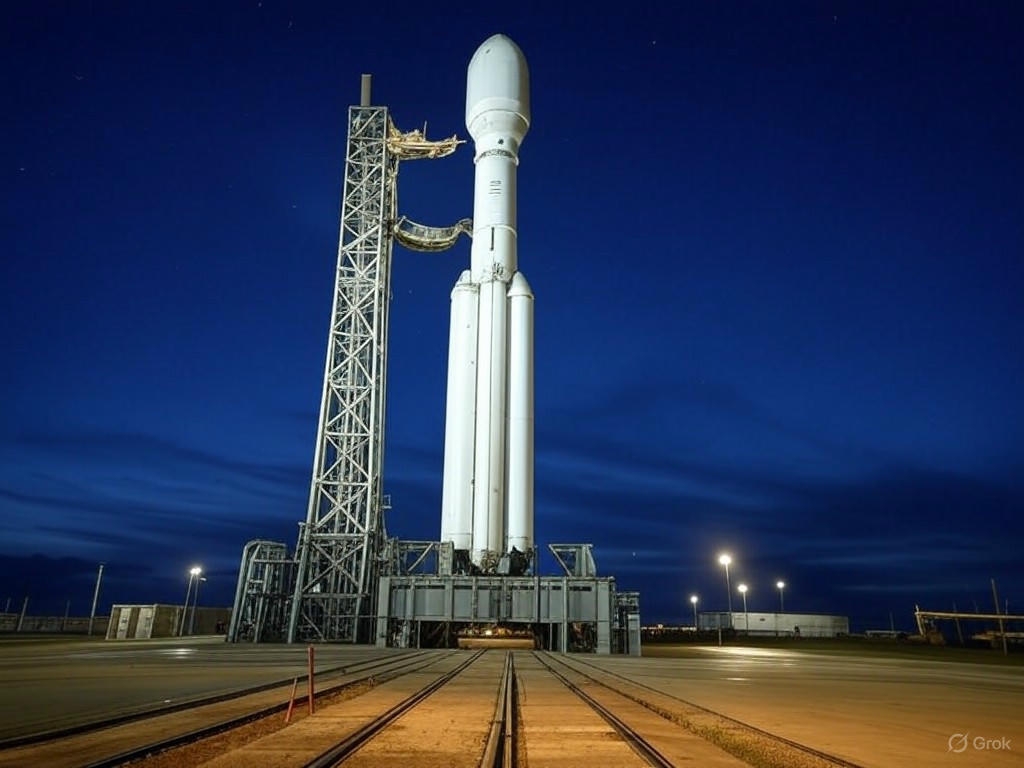The financial world is abuzz as Voyager, a pioneering space technology company, prepares to launch its initial public offering (IPO). With the stock market showing an insatiable appetite for innovative industries, space tech has emerged as a hot sector, drawing investors eager to capitalize on the next big thing. Voyager’s upcoming IPO, slated for mid-2025, is poised to be a landmark event, signaling the growing confidence in commercial space exploration and its potential for massive returns.
Voyager has carved a niche for itself by developing cutting-edge solutions for satellite deployment, space logistics, and even lunar exploration missions. Unlike traditional aerospace giants, this company focuses on scalable, cost-effective technologies that cater to both governmental and private sector needs. As space becomes more accessible, businesses like Voyager are at the forefront, offering tools and services that could redefine industries ranging from telecommunications to climate monitoring. Investors are taking note, with early speculation suggesting that Voyager’s valuation could reach billions upon its market debut. The excitement is fueled by a broader trend: space tech stocks have outperformed many traditional sectors in recent years, reflecting a shift in how capital markets view the final frontier.
The timing couldn’t be better for Voyager. Governments worldwide are ramping up space programs, while private enterprises are racing to establish a foothold beyond Earth’s atmosphere. This dual demand creates a fertile ground for companies with innovative offerings. Moreover, the success of other space-focused firms has set a promising precedent. Investors who once hesitated to back such high-risk ventures now see space tech as a viable, long-term bet. Voyager’s IPO is expected to attract a diverse pool of stakeholders, from institutional heavyweights to retail investors inspired by the allure of space exploration. Analysts predict that the company’s focus on sustainable and reusable technologies will resonate with a market increasingly prioritizing environmental responsibility, even in extraterrestrial endeavors.
However, the road ahead isn’t without challenges. The space industry is notoriously capital-intensive, with high R&D costs and long timelines for profitability. Voyager will need to prove that it can balance innovation with financial discipline to maintain investor confidence post-IPO. Regulatory hurdles and geopolitical tensions surrounding space activities could also pose risks. Still, the company’s leadership remains optimistic, emphasizing a clear vision to democratize access to space while delivering shareholder value.
As Voyager prepares for its public debut, it symbolizes more than just a stock listing—it represents the boundless potential of human ambition. The IPO could serve as a catalyst, inspiring other space tech startups to follow suit and further energizing an already dynamic sector. For investors, it’s a chance to be part of a transformative era. Whether Voyager will soar to new heights or face turbulence remains to be seen, but one thing is clear: space tech is no longer a distant dream—it’s a tangible, investable reality shaping the future of global markets.
